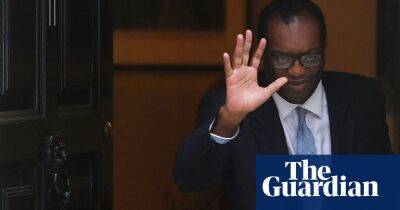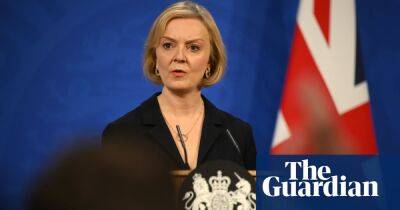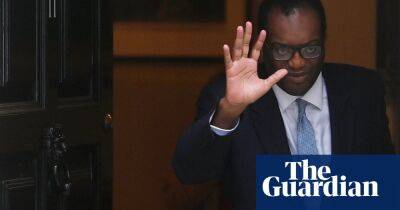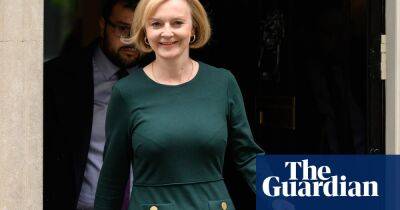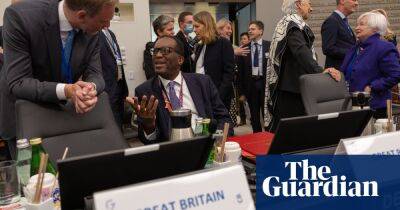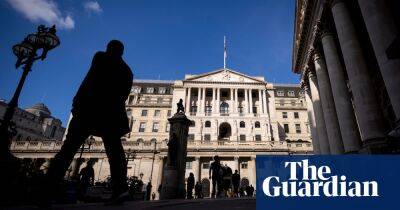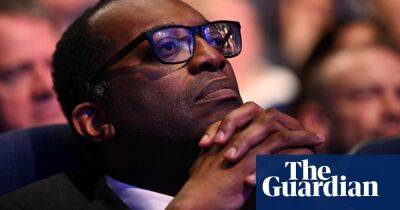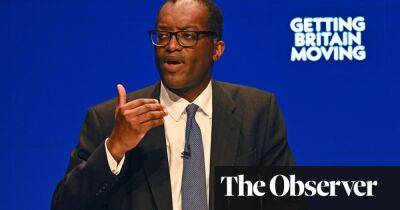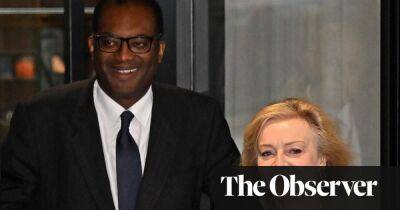Kwasi Kwarteng buckles up for an awkward first date with the IMF
“Whenever there is change, there is disruption,” Liz Truss told the Conservative party conference last week. “And not everyone will be in favour.” This week, her chancellor, Kwasi Kwarteng, will fly out to Washington to meet at least one prominent critic.
The main focus of the International Monetary Fund annual meetings in the US capital will undoubtedly be the way the world responds to a succession of shocks: the Covid pandemic, Russia’s war in Ukraine and global heating. Global economic growth is faltering amid sky-high inflation and more natural disasters are sweeping the planet, while there are serious divisions between leading nations.
However, the British contingent will arrive for the gathering of 190 countries after a very public dressing-down from the IMF over the tax and spending plans in Kwarteng’s mini-budget. So could this be the Washington branch of the “anti-growth coalition”?
At the very least, making the trip so soon – less than two weeks after that public rebuke – will mean an awkward introduction to international diplomacy for the new chancellor.
Kwarteng has at least heeded one of the IMF’s key warnings – by making a U-turn on plans to abolish the 45p income tax rate for the highest earners – after it criticised the chancellor for stoking inequality through unfunded tax cuts.
The criticism from backbench Tory MPs, who would have voted the government down over the plans, might have been more influential in the end. But the public attack from the IMF – unheard of for a big economy such as Britain, which is one of the fund’s biggest shareholders – will not have helped Kwarteng’s case.
In an attempt to get back on the front foot, the Truss government has adopted a more conciliatory tone, conscious that big
Read more on theguardian.com
